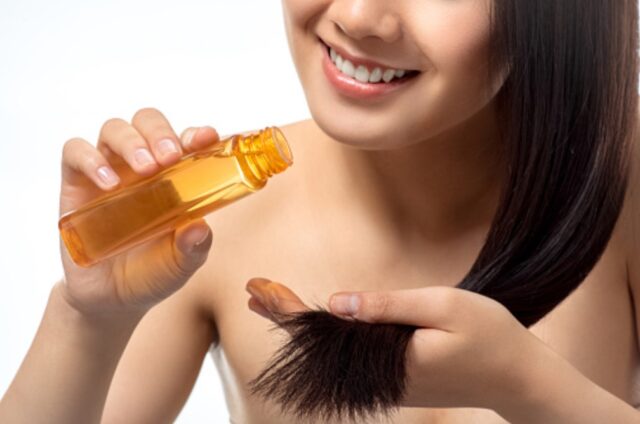
Our hair naturally produces a specific amount of oil or sebum, which helps in keeping our scalp hydrated for a long time. However, the amount of sebum produced depends upon the type of your hair, various lifestyle factors, and hygiene. This oil in your hair has a downside as well. It gets stuck to the roots of your hair and gives you a very slick appearance that sometimes looks like dirt.
What are the causes of natural hair oil?
The oil produced in your hair is essential for your body’s guarding system, especially when you have a sensitive scalp. This oil blends in with dirt and sweat, covering your scalp and now and then the highest point of your head.
This is typical and, generally, unavoidable. Practicing a great hair cleanliness routine by washing your scalp frequently and well with a cleanser purges the oil and gives your hair a new beginning.
Yet, some hair types are inclined to oil development. Sebum can develop to a detectable level in under 24 hours. At times great exercise, overusing different products, or going outside in extreme moistness or hotness can set off a sleek hair day.
Type of hair
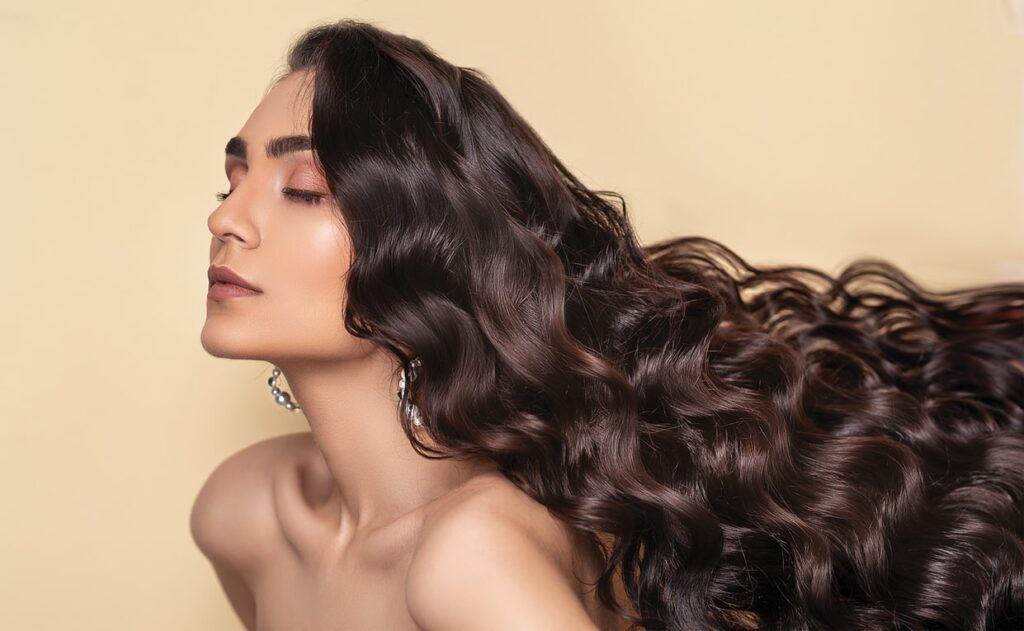
We all have different hair types, and let us tell you that straight hair is more prone to collecting sebum than other types. It happens because when the hair doesn’t have any waves or texture, the oil slides down the hair shafts and gets accumulated in your head quickly.
Overwashing
Another cause related to naturally occurring hair oil is overwashing. People who wash their hair more often than others are more prone to collecting sebum on their scalp. When you wash your head with any cleanser or shampoo, it signals your brain to develop sebum. Frequently washing means more signals sending messages to your brain for producing extra oil.
Using hair products
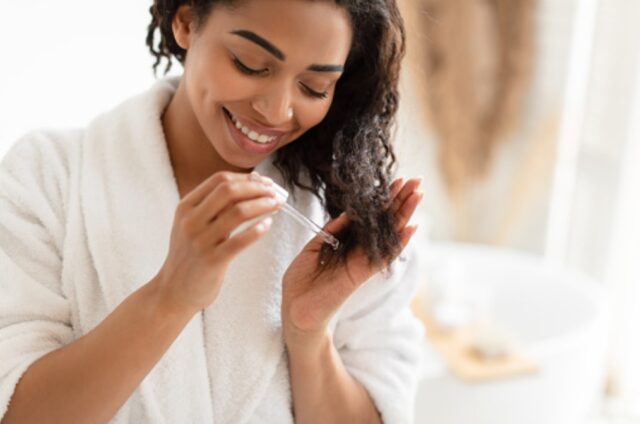
We all use different hair products to keep them clean and shining. But sometimes, the ingredients present in those products are not just healthy for your hair and scalp in general. Therefore, you should always be careful while choosing the right products. Check out Lux Hair NZ, where you get great items that can help you break down the excess oil produced on your scalp.
Is hair oiling good for you?
Oils are irrefutably extremely viable in supporting the soundness of the scalp and hair, and we’ve grown up seeing this around us. A tried and true and time confided approach to molding and fixing hair usually, oiling, with coconut-based hair oils particularly, has logically demonstrated properties of nourishment and repair and is a laid out approach to holding the hair’s new properties. With an abundance of advantages, oils can work on the nature of your hair by reestablishing the moisture in your locks and scalp.
Benefits of oiling your scalp
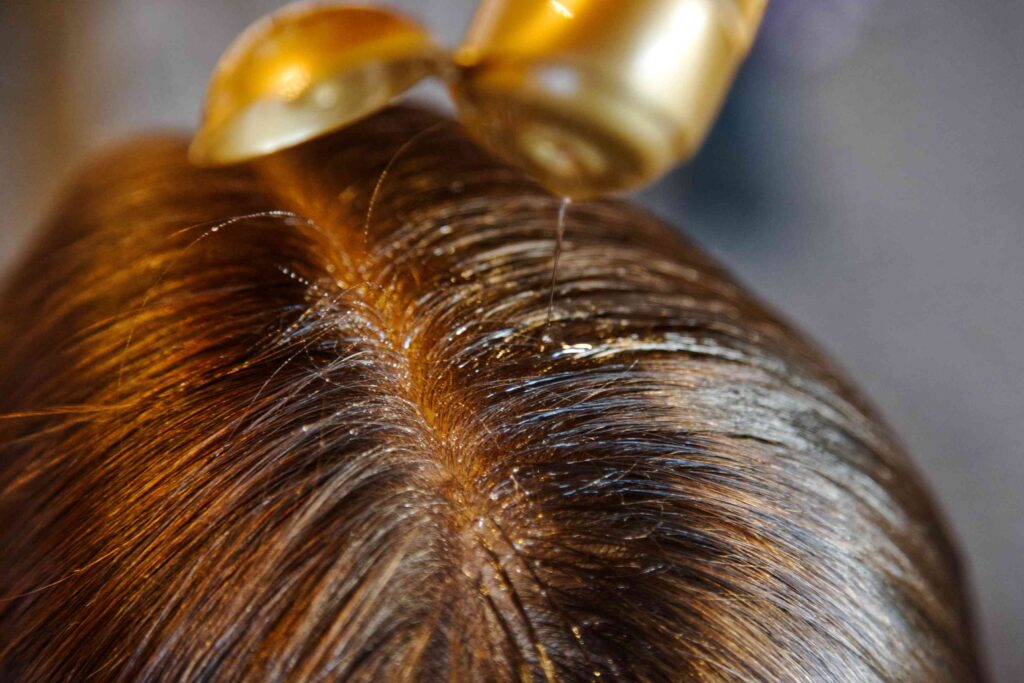
Hydrated scalp
Because of consistent exposure to outside air, our hair and scalp frequently lose their hydration which might prompt issues like dry hair and, sometimes, an abundance of hair fall.
You can undoubtedly forestall this by regular hair oiling. Applying hair oil a couple of times a week and washing it the following day will assist with keeping your scalp hydrated. This makes it perhaps the main advantage of oiling your scalp.
Risk of lice gets reduced
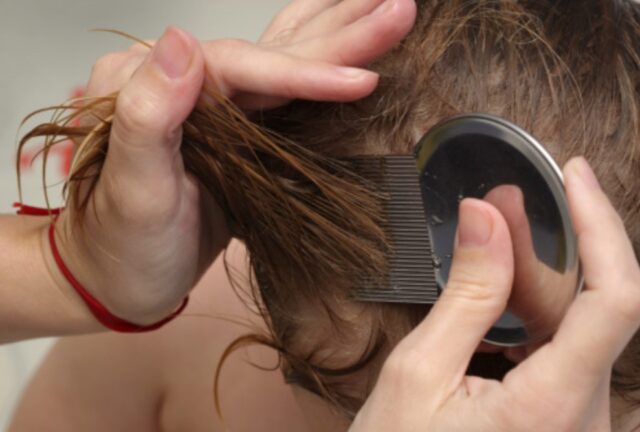
Lice are drawn to a dry, flaky scalp. They are additionally drawn to the microorganisms caused because of the dead skin on your scalp. Various oils forestall the dryness and eliminate dead skin and peel the skin. Some hair oils like olive oil have hostile bacterial properties, and a mix of these elements assist with preventing hair lice.
Provides relief from headaches
Oiling is considered one of the most mind-blowing standard solutions for alleviating cerebral pain, an oil knead, mainly when done with warm oil. This happens because when you experience the ill effects of a migraine, the muscles around your head communicate torment signs to your mind. Rubbing these muscles provides relief from migraine or headaches.
Aside from that, squeezing specific pressure point massage focuses on your head, neck, ears and confronts calming pressure, builds blood circulation, and facilitates muscle strain, which can likewise assist with diminishing a headache.
Reduces frizziness
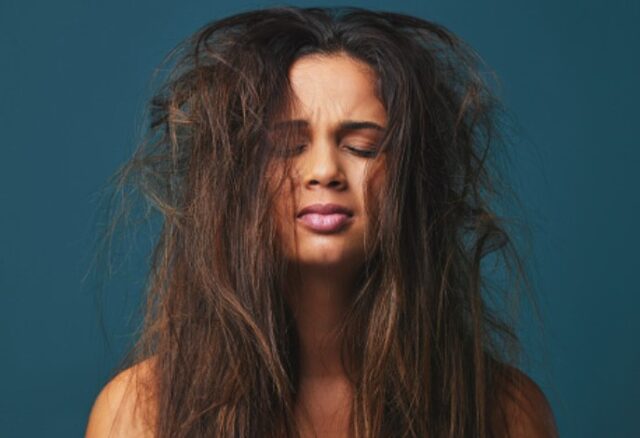
Frizzy or curly hair can be challenging to maintain and control, particularly when the weather conditions get sweltering and humid. Oiling your hair around evening time or an hour before washing can generally assist you with handling the issue. If you are taking off and don’t have the foggiest idea of managing your untamed hair, try to take a tiny amount of oil and run everything over your head, however not so profoundly.
Fights dandruff
Dryness is the leading cause of dandruff. If you can manage dryness, you are partially successful in dealing with dandruff. If you experience the ill effects of intense dandruff, the oil-creating organs in your scalp will deliver oil in pitiful amounts, as it were. This large number of indications require the regular use of oil.
Keep hair shiny
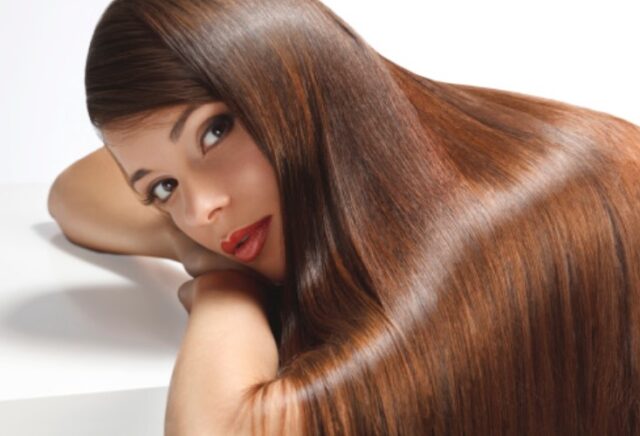
Our hair has a porous structure, and when warm oil is kneaded into your scalp and hair shaft, it ingests the oil supplements. This assists the hair with holding its moisture and gives it a lovely and sound sparkle. One significant reality to recollect here is that when you wash off the oil, ensure you don’t try overwashing as this strips it of all its moisture, making it dry and dull.
TO SUM UP
Our scalp regularly produces sebum which has both good points and negative sides. On the one hand, it acts as a guard for your scalp and helps it keep moisturized for a long time.
But on the other hand, when stuck to the hair roots, this oil looks very slick and unhygienic. If you want to ensure that excess oil doesn’t get produced in your hair, you have to consider the causes mentioned above.













